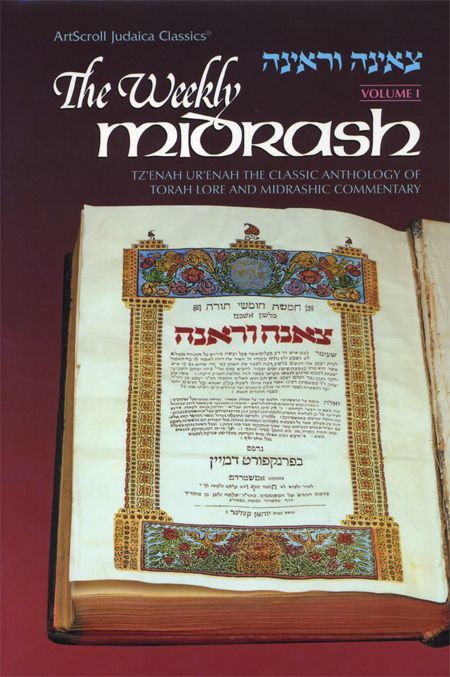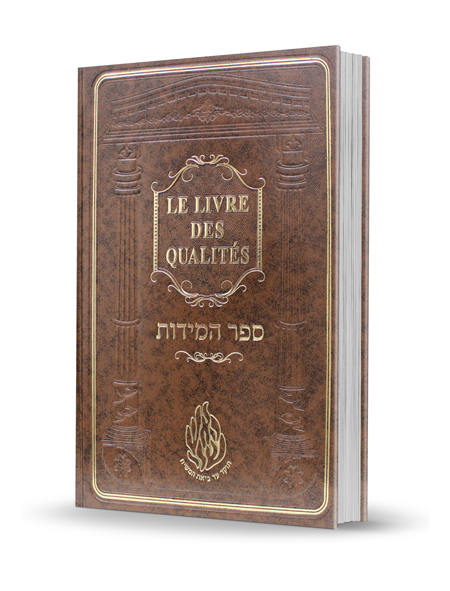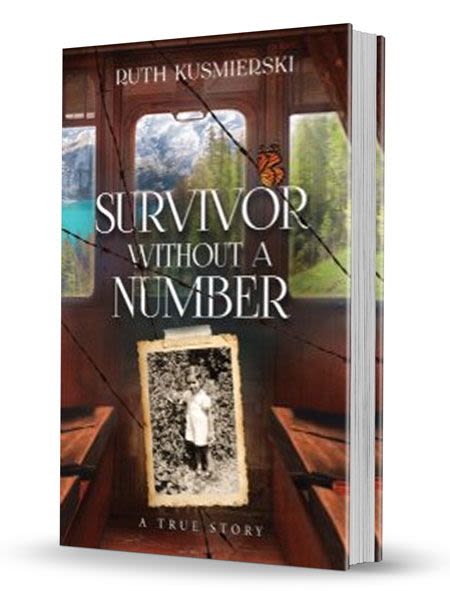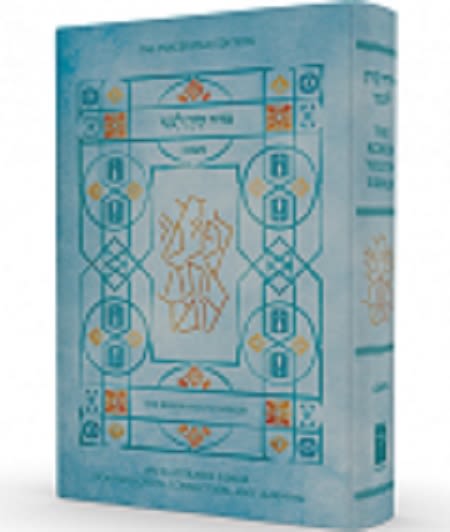
Chukat: The Thirsty Student
“Rebbe,” he said, “I am extremely thirsty.” However, the Baal Shem Tov ignored him and continued to walk briskly. “Rebbe please,” he pleaded, “If I do not...

Parshat Chukat
"There was no water for the assembly, and they gathered together against Moshe [Moshe] and against Aharon [Aaron]… Moshe and Aharon went from the presence of the congregation to the entrance of the Tent of Meeting… Then Moshe raised his arm and struck the rock with his staff, twice” (Bamidbar 20: 2-11).
When the Bnei Yisroel reached the Wilderness of Zin during their travels in the desert, a great tragedy occurred. Miriam died there and suddenly there was no water to be had. The well of water that had accompanied them on their journeys had disappeared. Rashi explained that the well was through the merit of Miriam. According to the Midrash, this was her reward for guarding Moshe as he floated down the Nile River as an infant.
The people amassed and came before Moshe and Aharon. Aharon, a man of peace and love, initially believed that the people came to pay their last respects to Miriam. Conversely, Moshe pointed out that had this been the case, they would have approached in semblance, as opposed to a mob. Moshe and Aharon approached God for instruction, and He responded by commanding Moshe to speak to the rock from which the waters originally came.
However, as Moshe began to look for the rock, cynics within Bnei Yisroel contended that Moshe was utilizing his shepherding skills to locate water rather than through miraculous means. When they adamantly demanded that he bring forth water from the current rock to which he had been speaking, he responded by hitting the rock. Perhaps he did this since at the time of leaving Egypt, God instructed him to hit a rock in a similar manner. According to one opinion, at first only several drops of blood were seen and the cynics laughed. Then, water flooded out and killed these skeptics.
* * *
Once, it happened that the Baal Shem Tov and his students were traveling down a country road. Suddenly, an overwhelming thirst came over one of the students. “Rebbe,” he said, “I am extremely thirsty.” However, the Baal Shem Tov ignored him and continued to walk briskly.
“Rebbe please,” he pleaded, “if I do not get some water immediately, I’m afraid I’ll leave this world.”
The Baal Shem Tov shot him an agitated look and replied, “Do you believe that HaShem is omnipotent? Don’t you think He anticipated your intense thirst during the creation of the world and planned for it?” The student hung his head and quietly said, “Yes, of course I believe.”
The group persisted and walked for some time until they approached a peasant carrying two buckets of water. “What are you doing?” they asked. “Why are you on this deserted road with these pails of water?” The peasant scoffed, “The lord of these parts has had a moment of insanity. For some unknown reason, he demanded that I fill two buckets of water from this area. Here, would you like a drink?” The Baal Shem Tov smiled at the thirsty student. “Now you see the foresight of HaShem.
He made the landowner undergo temporary madness to quench your thirst.”
And so it was.
* * *
"And Moshe [Moshe] raised his hand and struck the rock with his staff twice: water rushed out abundantly" (Bamidbar 20:11).
The B'nei Yisroel (Children of Israel) got water from a rock (called the Well of Miriam) that rolled along with them as they traveled through the desert. When Miriam died, the rock stopped giving water and the Hebrews started to bitterly complain about the lack of water. God told Moshe to speak to "the rock" but Moshe couldn't find it. He became frustrated from the combination of not finding the rock and the endless complaints of the Jews. Finally, he "struck" another rock instead of speaking to it as commanded by God. The rock gave water but because Moshe struck the rock instead of speaking to it, both he and Aharon (Aaron) were told by God that they could not enter Eretz Yisroel….
* * *
Once, the Baal Shem Tov was walking with a few followers through the countryside. The time to pray the afternoon prayer (Minchah) arrived. The students were looking for water to wash their hands before praying, as is still the custom. But no water was to be found. "Rebbe," they said, "how can we pray before we wash our hands?"
The Baal Shem Tov thought for a minute. Then he raised his walking staff and struck the ground. The earth opened and water started to flow, and continues to this day. Ever since then, the local villagers have called this place the Well of the Baal Shem Tov. They attribute healing powers to the water that is drawn from this well.
And so it was.
***
Tzvi Meir Cohn attended Yeshiva Hadar Hatorah in Crown Heights, Brooklyn after completing his university studies in Engineering and Law. While studying at the Yeshiva, he discovered a deep connection to the stories and teachings of the Baal Shem Tov. His many books about the Baal Shem Tov can be found in the Breslev Store. He can be contacted at howard@cohnpatents.com.












Tell us what you think!
Thank you for your comment!
It will be published after approval by the Editor.